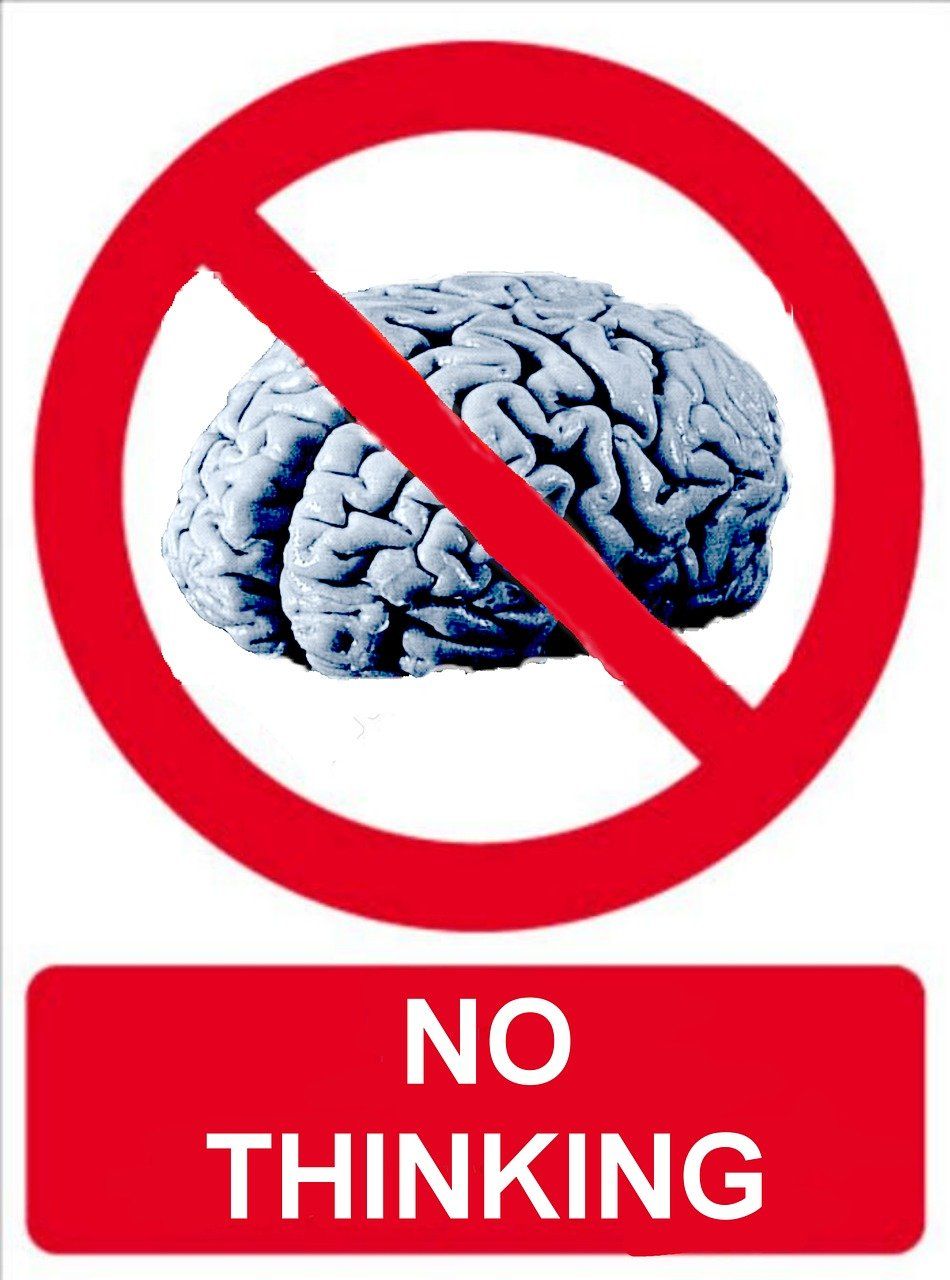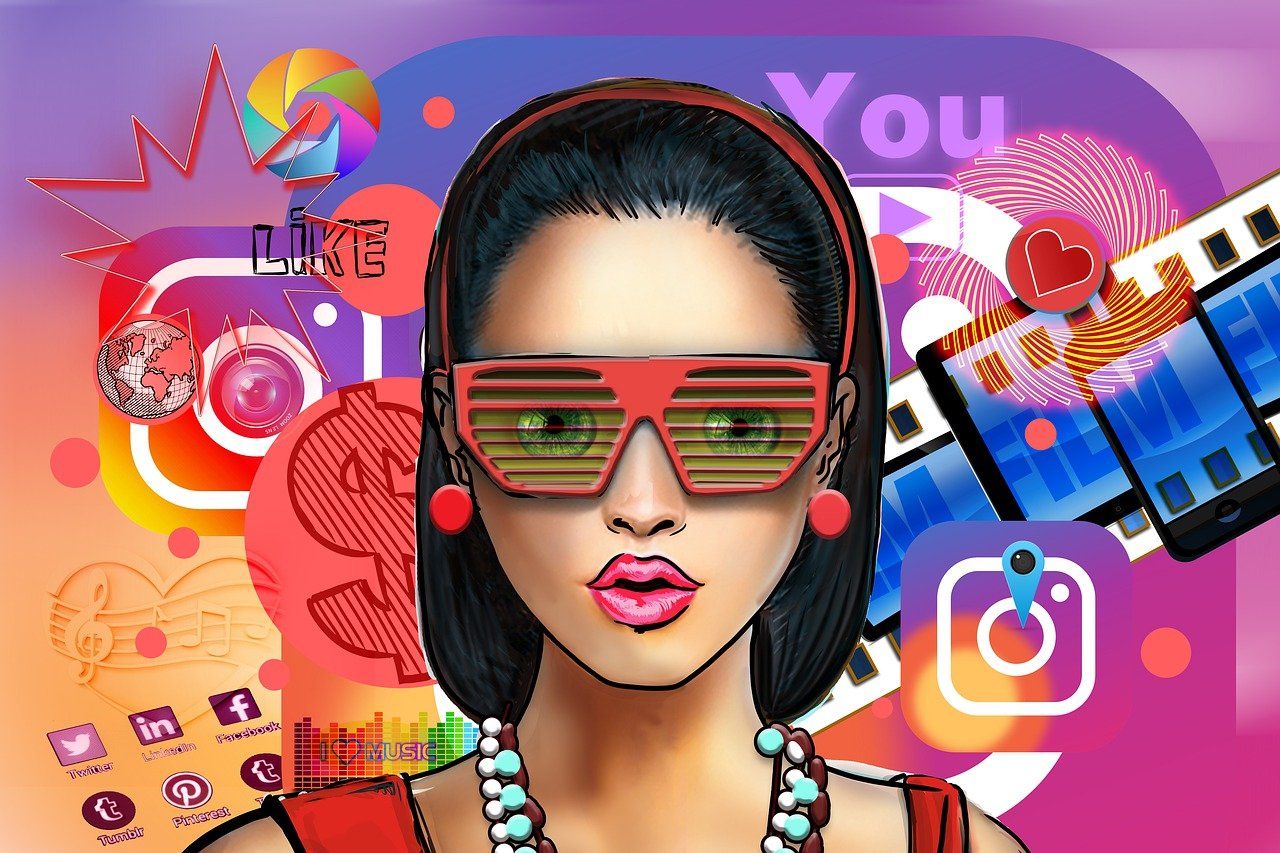Technology has become an inseparable part of our lives. From smartphones to smart homes, we're surrounded by gadgets and software that promise to make our lives easier and more efficient. But as we increasingly rely on these tools, a crucial question arises: Is all this tech actually making us smarter, or is it dumbing us down? Let's dive into both sides of this debate and explore how technology might be affecting our intelligence.
How Does Tech Make Us Smarter?

Photo by MART PRODUCTION from pexels.com
Enhanced Access to Information
Remember the days when we had to lug around heavy encyclopedias or spend hours in libraries to find information? Those days are long gone. With just a few taps on our smartphones, we can access a wealth of knowledge on virtually any topic. This instant access to information has the potential to make us more knowledgeable and well-informed.
For instance, apps like Duolingo have made learning new languages more accessible than ever before. People who might never have had the opportunity to learn a second language can now do so at their own pace, expanding their linguistic abilities and cultural understanding. A 2020 study published in the journal "Computers & Education" found that students using Duolingo for 34 hours achieved the same level of reading and writing proficiency as those completing a first-semester college Spanish course.
Moreover, platforms like Coursera and edX have democratized education, allowing people from all walks of life to access courses from top universities worldwide. For example, Andrew Ng's popular Machine Learning course on Coursera has been taken by over 4.8 million students, spreading knowledge that was once confined to elite tech circles.
Improved Problem-Solving Skills
Many modern technologies, particularly video games and educational apps, are designed to challenge our minds and improve our problem-solving abilities. Puzzle games like "Portal" or strategy games like "Civilization" require players to think critically, plan ahead, and adapt to changing circumstances – all valuable cognitive skills.
A long-term study published in the Proceedings of the National Academy of Sciences in 2013 found that playing action video games can improve not just the skills taught in the game, but also general capabilities such as learning, multitasking, and decision-making. The researchers found that gamers outperformed non-gamers on tests of perception, attention, and cognition.
Moreover, coding and programming languages are becoming increasingly popular, even among children. Learning to code not only opens up career opportunities but also enhances logical thinking and problem-solving skills that can be applied in various aspects of life. Organizations like Code.org have reached millions of students worldwide, introducing them to computer science from an early age. Their annual "Hour of Code" event has engaged over 1 billion participants across 180 countries.
Cognitive Enhancements and Brain Training
There's a growing body of research suggesting that certain types of technology can actually improve cognitive function. Brain training apps like Lumosity or Peak claim to enhance memory, attention, and other mental skills through regular use.
While the effectiveness of these apps is still debated in scientific circles, there's no denying that they encourage people to engage in mental exercises regularly, which is generally beneficial for cognitive health. A study published in the journal PLOS ONE in 2015 found that participants who used Lumosity for 15 minutes per day, five days a week for 10 weeks showed significant improvements in processing speed, short-term memory, working memory, problem-solving, and fluid reasoning.
Augmented Reality (AR) and Virtual Reality (VR) in Education
The advent of AR and VR technologies is revolutionizing education and training across various fields. For instance, medical students at Stanford University are using VR simulations to practice complex surgical procedures without risk to real patients. This allows them to gain valuable experience and improve their skills in a safe environment.
Similarly, companies like Walmart have adopted VR for employee training. They use VR headsets to simulate Black Friday scenarios, allowing employees to practice managing large crowds and high-stress situations. This innovative approach has reportedly improved employee performance and confidence.
How Does Tech Make Us Dumber?

Image by <a href from pixabay.com
Decreased Attention Spans
On the flip side, the constant barrage of notifications, alerts, and endless scrolling on social media platforms may be wreaking havoc on our attention spans. Many of us find it increasingly difficult to focus on a single task for extended periods, often falling prey to the lure of quick dopamine hits from our devices.
A study by Microsoft found that the average human attention span has dropped from 12 seconds in 2000 to just 8 seconds in 2015. While correlation doesn't imply causation, it's hard to ignore the potential impact of our increasingly digital lifestyles on our ability to concentrate.
This phenomenon is particularly concerning in educational settings. A 2017 study published in the journal "Computers in Human Behavior" found that students who used digital devices in class for non-academic purposes had lower exam scores. Even more alarming, students sitting near those using devices were also negatively affected, suggesting that the distraction has a "second-hand" effect.
Overreliance on Technology
Remember when we used to memorize phone numbers? Or when we could navigate through a city without GPS? As we offload more of our cognitive tasks to technology, there's a concern that we're losing essential skills and becoming overly dependent on our devices.
For example, excessive reliance on GPS navigation might be affecting our spatial awareness and map-reading skills. A 2020 study published in Nature Communications found that people who rely heavily on GPS navigation show less activity in the hippocampus, a brain region crucial for memory and spatial navigation, potentially leading to accelerated cognitive decline as they age.
Similarly, the ubiquity of spell-check and autocorrect features might be making us less attentive to proper spelling and grammar. A 2012 study by the English Spelling Society found that over 50% of adults rely on spell-check to correct their spelling, with many admitting they would be unable to spell certain words without technological assistance.
Shallow Information Processing
While we have access to more information than ever before, there's a question about the depth at which we're processing this information. The internet encourages quick skimming rather than deep reading, potentially leading to a more superficial understanding of complex topics.
Nicholas Carr, in his book "The Shallows," argues that the internet is changing the way we think, encouraging rapid, distracted sampling of small bits of information from many sources, rather than deep, concentrated engagement with a single argument or narrative.
This concern is supported by research. A 2014 study published in the Journal of Digital Information found that people reading on screens tend to employ a non-linear reading pattern, dubbed "F-shaped pattern scanning," where they read the first few lines but then just skim down the left side of the text. This results in missing significant portions of the content and potentially misunderstanding the message.
The "Google Effect" on Memory
Psychologists have identified a phenomenon known as the "Google Effect" or "digital amnesia," where people tend to forget information that they know they can easily find online. A study published in Science in 2011 found that when people expect to have future access to information, they have lower rates of recall of the information itself but enhanced recall of where to access it.
While this could be seen as an adaptive strategy in the digital age, it raises questions about the depth of our knowledge and our ability to make connections between different pieces of information if we're not retaining the information itself.
Social Media and Critical Thinking
The rise of social media has transformed how we consume and share information, but it may be hampering our critical thinking skills. The rapid spread of misinformation and "fake news" on these platforms, combined with algorithmic echo chambers that reinforce our existing beliefs, can make it challenging to evaluate information objectively.
A 2016 Stanford study found that many students struggle to distinguish between legitimate news sources and sponsored content or to identify potential bias in social media posts. This suggests that while we have access to more information than ever, we may be losing the ability to critically evaluate that information.
The Middle Ground: It's How We Use Tech That Matters

Image by <a href pixabay.com
Mindful Tech Usage
The key to harnessing the benefits of technology while avoiding its pitfalls lies in how we use it. Being mindful of our tech habits and setting boundaries can help us maintain a healthy relationship with our devices.
For instance, using apps like Forest or Freedom to block distracting websites during work hours can help improve focus and productivity. The Forest app, which gamifies the concept of focus time by allowing users to grow virtual trees, reports that its users have collectively stayed focused for over 1.2 billion minutes.
Similarly, setting aside dedicated "unplugged" time for deep reading or face-to-face conversations can help balance our digital and analog lives. Companies like Basecamp have implemented "Library Rules" in their offices, encouraging periods of uninterrupted focus time, resulting in increased productivity and employee satisfaction.
Education and Digital Literacy
As technology continues to evolve, it's crucial that our education systems keep pace. Teaching digital literacy skills – how to critically evaluate online information, protect privacy, and use technology responsibly – is becoming as important as traditional subjects.
Schools that integrate technology thoughtfully into their curricula, teaching students not just how to use tech but how to think about it critically, are setting their students up for success in the digital age. For example, Finland, often lauded for its education system, introduced a new digital literacy curriculum in 2016 that focuses on critical thinking, fact-checking, and identifying fake news.
In the corporate world, companies like Google have developed programs like "Be Internet Awesome" to teach children about digital safety and citizenship. The program has reached millions of students worldwide, helping them navigate the digital world more safely and responsibly.
Balancing Tech with Traditional Skills
While embracing the benefits of technology, it's important not to neglect traditional cognitive skills. Activities like reading physical books, practicing mental math, or learning to play a musical instrument can provide cognitive benefits that complement our tech-enhanced abilities.
For instance, a 2013 study published in the journal PLOS ONE found that reading literary fiction enhances Theory of Mind – the ability to understand others' mental states – a crucial skill for social interaction that may be diminished by excessive screen time.
Similarly, learning to play a musical instrument has been shown to have numerous cognitive benefits. A 2014 study published in the Journal of Neuroscience found that children who learned to play a musical instrument showed enhanced brain responses to sound, which correlated with improvements in reading and speech perception.
Tech as a Complement, Not a Replacement
The most effective approach may be to view technology as a complement to our cognitive abilities, rather than a replacement. For example, while calculators can perform complex calculations quickly, understanding the underlying mathematical principles is still crucial for problem-solving and critical thinking.
In the medical field, AI systems like IBM's Watson have shown promise in assisting with diagnoses and treatment plans. However, they work best when combined with human expertise. A 2019 study published in Nature Medicine found that an AI system was more accurate than individual radiologists at detecting breast cancer in mammograms, but the most accurate results came from combining AI and human judgment.
So, is technology making us smarter or dumber? The answer isn't black and white. Technology has the potential to enhance our cognitive abilities, providing us with powerful tools for learning, problem-solving, and creativity. However, it also poses risks of mental laziness, decreased attention spans, and shallow thinking if used carelessly.
The key lies in how we choose to engage with technology. By using tech mindfully, maintaining a balance with offline activities, and continuously educating ourselves about the digital world, we can harness the power of technology to augment our intelligence rather than replace it.
Ultimately, technology is a tool, and like any tool, its impact depends on how we wield it. As we continue to navigate this digital age, let's strive to use technology in ways that truly make us smarter, not dumber. By doing so, we can leverage the incredible potential of technology while preserving and enhancing the uniquely human aspects of intelligence and creativity.








